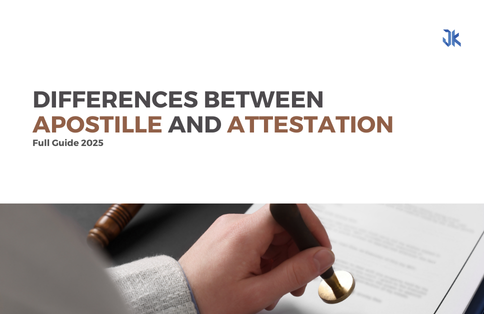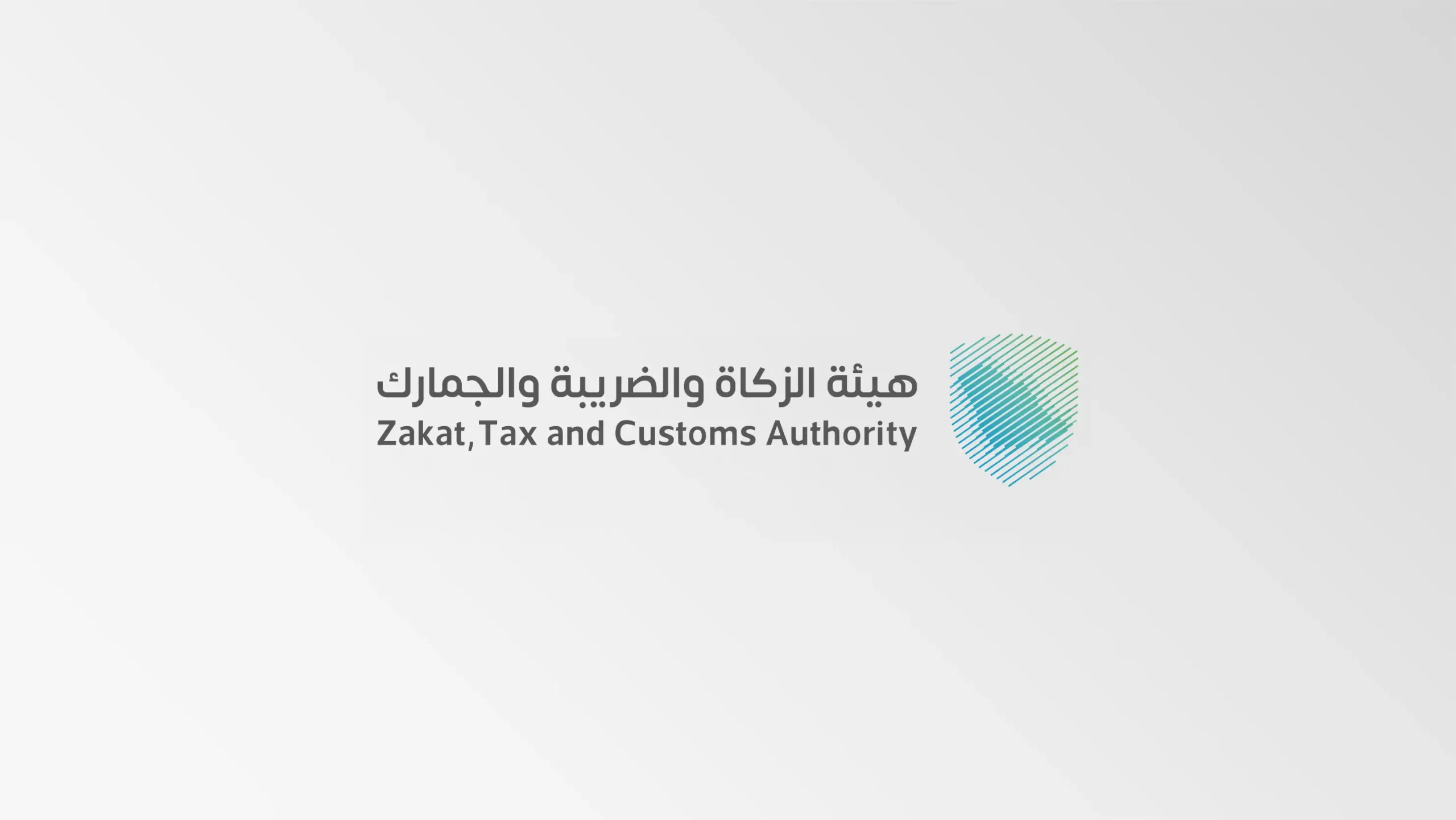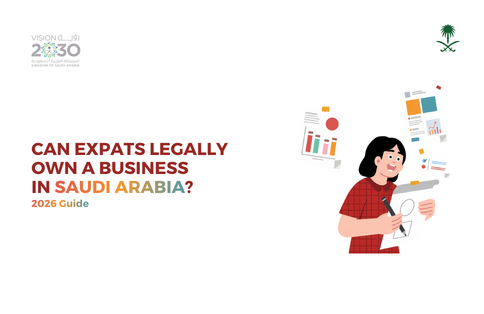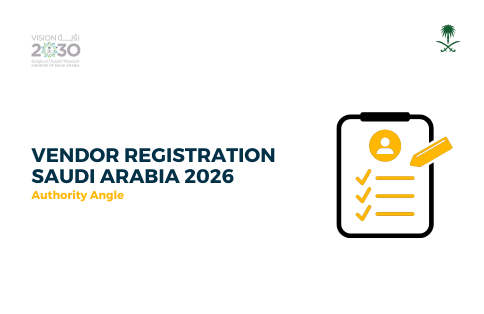If you’re planning to travel abroad for work, study, business, or family reasons, you may have heard about Apostille and Attestation. These two document legalization processes are essential for making your documents legally valid in foreign countries. But what are the key differences between Apostille and Attestation? Let’s break it down clearly and simply in this detailed guide.
What is Apostille?
An Apostille is a certificate issued under the Hague Convention of 1961, which authenticates the origin of public documents. It’s accepted by all Hague Convention member countries, making international document use more straightforward and efficient.
- Key Features of Apostille:
Valid only in countries part of the Hague Convention.
Issued by a government authority (e.g., Ministry of External Affairs).
One-step process.
No further embassy legalization required.
What is Attestation?
Attestation is the process of verifying the authenticity of a document by obtaining stamps or seals from multiple authorities, including embassies and consulates. It’s used for countries that are not part of the Hague Convention.
- Key Features of Attestation:
Required for non-Hague countries (e.g., UAE, Saudi Arabia, Kuwait, Qatar).
Multi-step process involving:
Home country authentication
Ministry of Foreign Affairs (MOFA)
Embassy/Consulate attestation
Often includes translation and notarization.
Main Differences Between Apostille and Attestation
|
Feature
|
Apostille
|
Attestation
|
|---|---|---|
|
Applicability
|
Hague Convention countries
|
Non-Hague Convention countries
|
|
Process Level
|
Single-step legalization
|
Multi-level attestation
|
|
Issuing Authority
|
Central authority (e.g., MEA)
|
Multiple authorities including embassies
|
|
Time Required
|
Faster
|
Takes more time
|
|
Recognition
|
Internationally recognized in member countries
|
Recognized by specific countries only
|
|
Embassy Involvement
|
Not required
|
Mandatory
|
When Do You Need Apostille or Attestation?
Apostille:
For countries like France, Germany, Italy, Australia, and the USA.
Attestation:
For Gulf countries like UAE, Saudi Arabia, Qatar, and Kuwait.
Documents That Commonly Require Apostille or Attestation
- Birth Certificate
- Degree Certificate
- Marriage Certificate
- Power of Attorney
- Commercial Invoices
- Medical Reports

Get Professional Help with Apostille & Attestation
At J K Management Consultancy, we assist individuals and businesses in Dubai and across the UAE with quick, reliable Apostille and Attestation services. We handle everything from notarization to embassy legalization, saving your time and effort.

Conclusion
Understanding the differences between Apostille and Attestation is crucial for anyone dealing with international legal or official processes. Whether you’re moving abroad, getting married overseas, or setting up a company internationally, having your documents properly legalized is the first step toward success.




















